





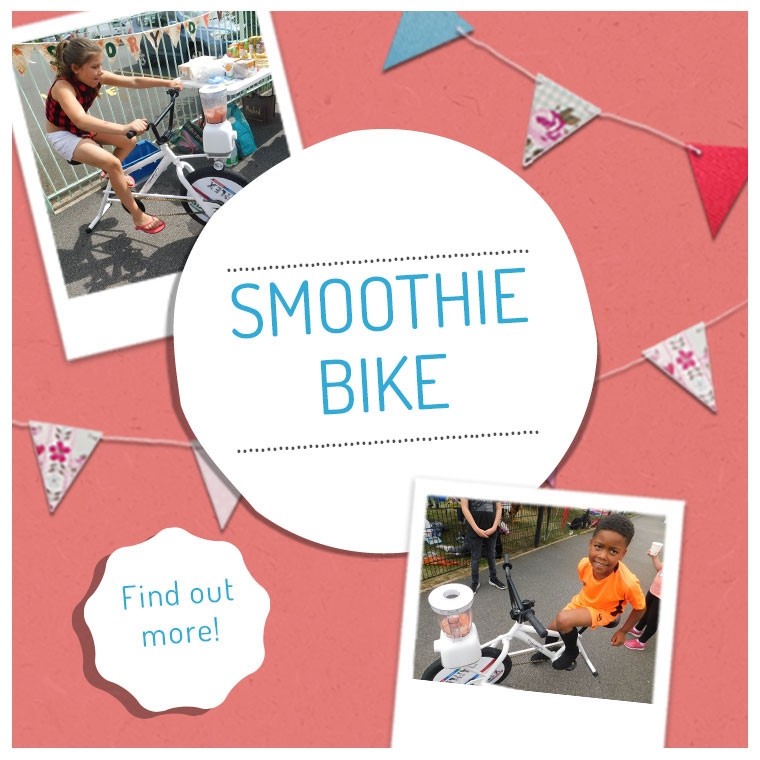
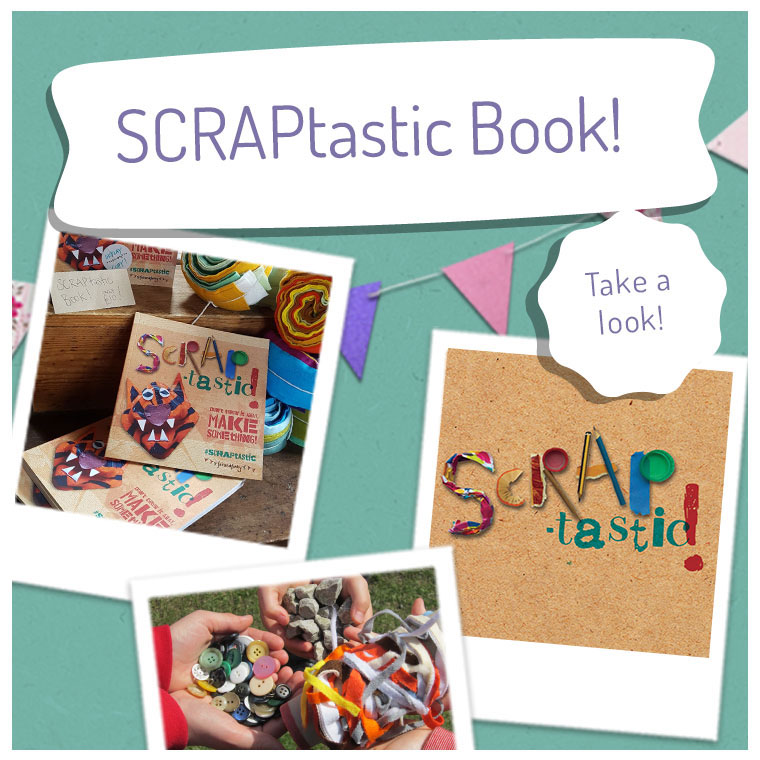
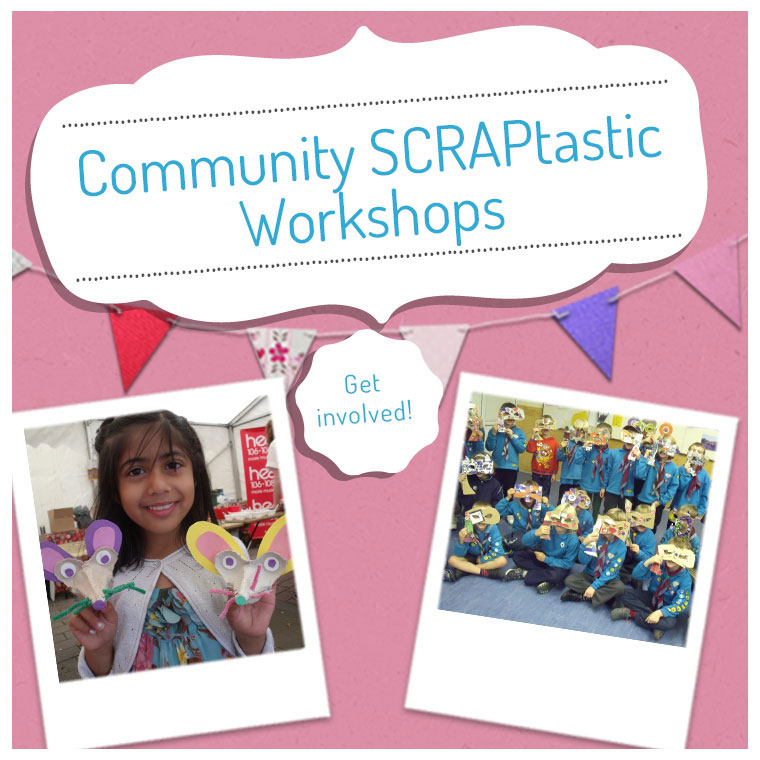
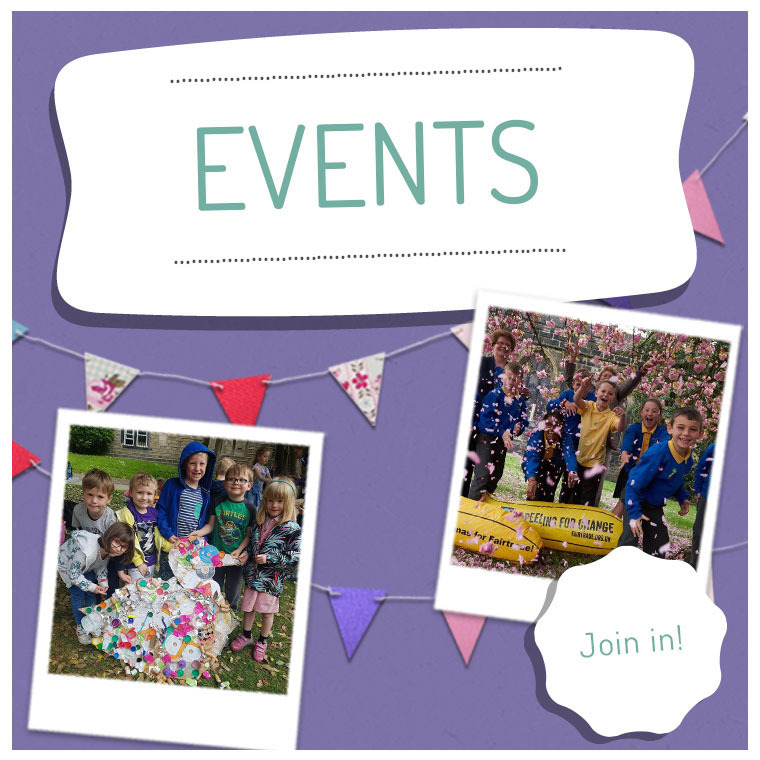
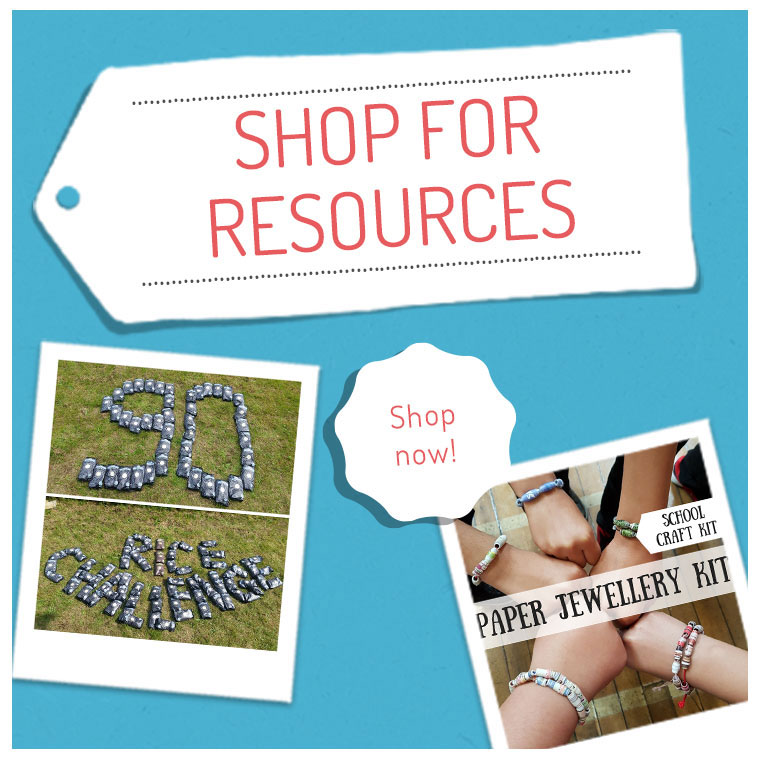
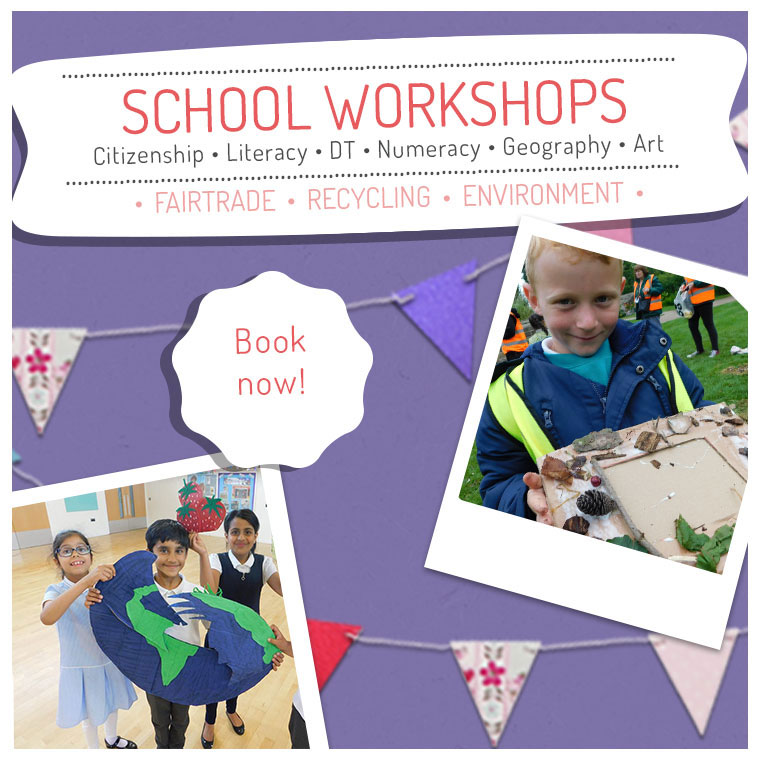
Our Chocolate and Fairtrade workshop is always thought provoking and challenges participants to look closely at supply chains and consider sustainability, fairness and co-operation. So, it was the perfect addition to the curriculum for Year 6 at Lady Royd Primary as they embark on an ‘Ethical Trading’ topic.
“An informative, interactive and interesting workshop. Pupils developed their understanding of Fairtrade and are more aware of the roles within supply chains. The children were well informed and very engaged throughout the session.” Year 6 Teacher Feedback.
The workshop began with a discussion around the use of everyday products, and the fact that in our busy lives we don’t stop and think about where things are made, how products are made and how the things we eat, use, wear everyday get to us. We used chocolate as an example to ask: ‘Where does chocolate come from?” until a whole supply chain appears at the front of the classroom with students representing many different roles from truck drivers, ship captains, factory workers, shop keepers, cocoa farmers and more!
Everyone along this supply chain needs paying for the work they do. It’s complicated – all the different jobs happen in different countries with varying overheads, and cost of living. But what often happens in supply chains is that value is added to the end product and the farmers responsible for harvesting the raw product receives very little. Through debate, and discussion the students looked closer at key roles along the supply chain to identify the importance of ethical trade and the difference we can make by buying Fairtrade.
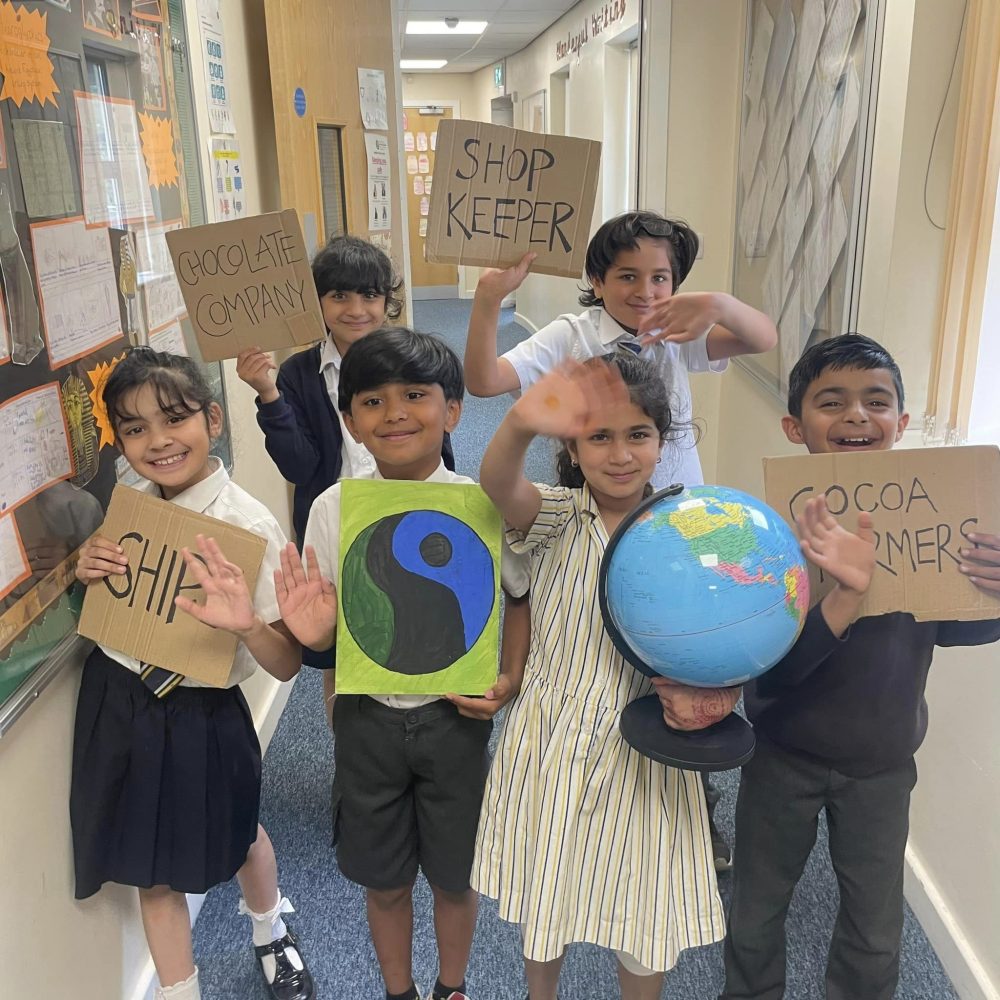
We also took an extended version of the workshop into Year 3 to support their new ‘Chocolate and Fairtrade’ topic in DT. With a range of child-centred activities the workshop looked at supply chains, and the importance of Fairtrade at an age-appropriate level. This included an ‘experiment’ – pupils were asked to complete a simple task yet are given a variety of tools to do this making it easy for some, impossible for others. The cries of “It’s not fair” echo around the classroom and the discussions begin. How does it feel to struggle? Are you able to share resources? The distribution of wealth and resources IS unfair and our workshop encourages young people to think of others and be empowered to take little steps to change the world.
“The engaging and practical workshop helped to consolidate our understanding of what Fairtrade is to help them with the rest of our DT unit.” Year 3 Teacher Feedback.
Fairtrade connects people and planet. Fairtrade connects people and planet. The green represents the land where our food is grown, and products are made. The blue represents the sea and sky – how our food and products travel to us. The black is the person behind the product. When we buy products with the Fairtrade mark, we know the people who made our products and grew our food are paid a fair price for the work they do. We know that their communities invest in programmes to combat climate change.
It was a pleasure to work with students at Lady Royd Primary School. Their thoughtful responses and engagement in the session was very rewarding. Learning about, talking about and buying Fairtrade are little steps we can all take to change the world.